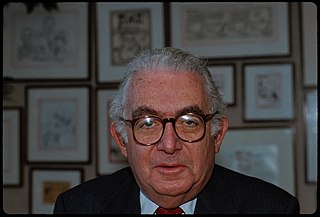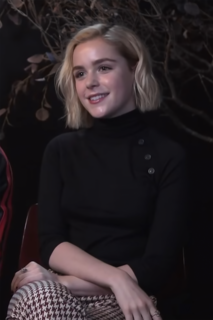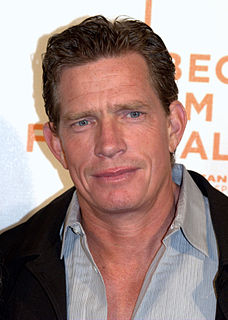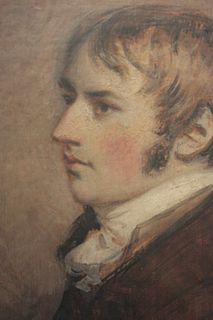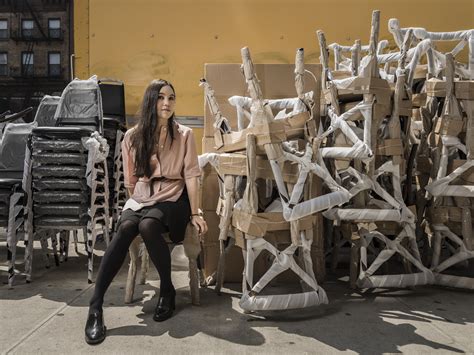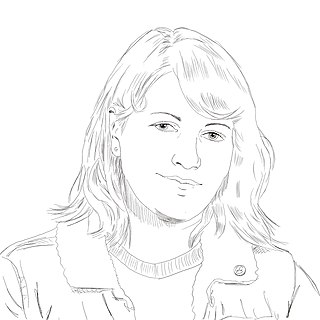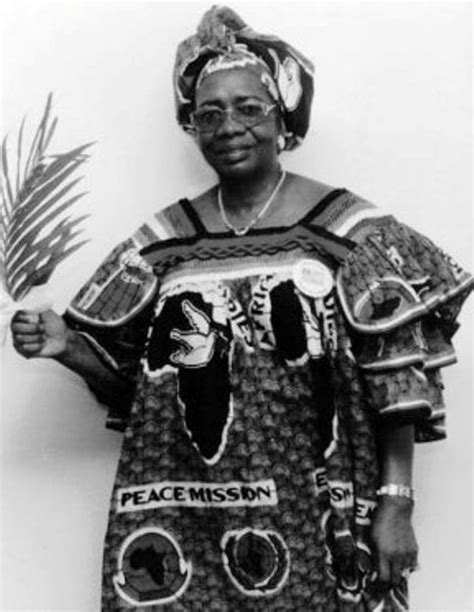A Quote by Henry Grunwald
My eyes don't work, at least not fully, because they are blocked by disease. The scene around me appears through a kind of curtain, a haze.
Related Quotes
Occasionally, as an actor, you're not... Sometimes, at least for me, I'm not fully in the groove until the second or third take, in which I would not want to just stop. If it's a scene that takes a lot of work and time, sometimes the scene gets better with time, and sometimes it gets exhausted. I think it just depends on the scene.
To be brutally honest, for much of that time, I was the only person in the world with Parkinson's. Of course, I mean that in the abstract. I had become acutely aware of people around me who appears to have the symptoms of Parkinson's disease, but as long as they didn't identify with me, I was in no rush to identify with them. My situation allowed, if not complete denial, at least a thick padding of insulation.
My canvas soothes me into forgetfulness of the scene of turmoil and folly - and worse - of the scene around me. Every gleam of sunshine is blighted to me in the art at least. Can it therefore be wondered at that I paint continual storms? "Tempest o'er tempest roll'd" - still the "darkness" is majestic.
I say to hell with the work you have to do to earn a living! That kind of work does us no honor; all it does is fill up the bellies of the pigs who exploit us. But the work you do because you like to do it, because you've heard the call, you've got a vocation - that's ennobling! We should all be able to work like that. Look at me, Saturno - I don't work. And I don't care if they hang me, I won't work! Yet I'm alive! I may live badly, but at least I don't have to work to do it!
You know, 'Jurassic Park' is a film I always go back to a lot - it's a fantastical world, but I care about all the characters in that situation, and then I think in caring about them, it can make it relatable and help me kind of see this heightened world through, not always familiar eyes, but at least eyes I can understand.
Anyway, I'm doing my rave and this spittle comes out of my mouth and it winds its way very delicately through the wire fence that separates us and lands clear and bright on Denzel's lip. And we're at the beginning of the scene and I've got to do the rest of the scene, and the camera isn't on him, it's on me - and I'm fully aware that I've just spat on Denzel Washington!
Dear Lord, who made the face of me not all that I would have it be, not really homely, only plain, but strong and patient in the main. Yet one, a man apart, who found me fair and gave his heart. Now Lord, that I have grown more sage . . . into middle age. I only ask, as face grows lines of countenance, it be described as kind; that wrinkles by my eyes will show a little humor as I go; that I may view my humble scene with glance of one content, serene, through grateful, shining eyes that see the blessings you have given me.
All my cuts are always about three hours, at the start, mainly because any scene in the movie that's 90 seconds, I probably shot a five-minute version of. If you just extrapolate that through the whole movie, I have a very long version of every scene, usually because, if there's one funny joke, I'll shoot five because I don't know if the one I like is going to work. I'll get back-ups because my biggest fear is to be in previews, testing the movie, and a joke doesn't work, but I have no way to fix it because I have no other line.
